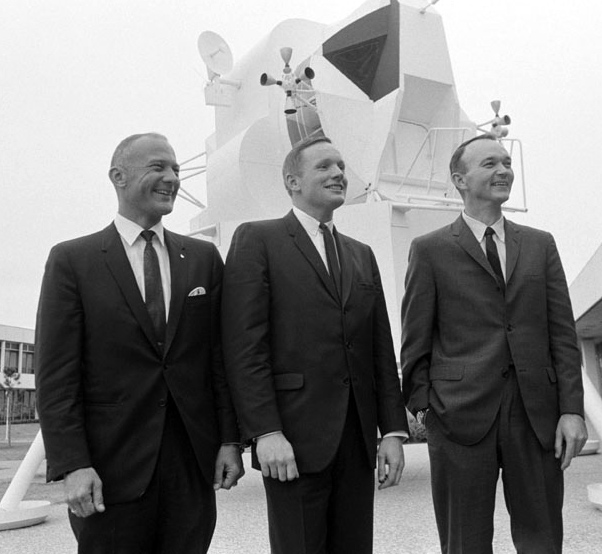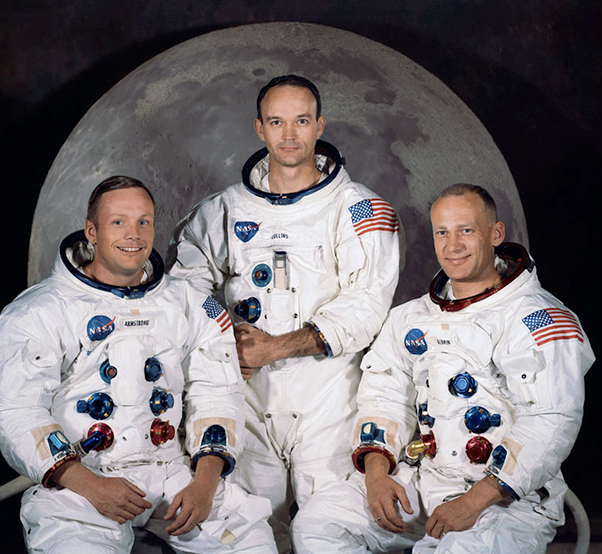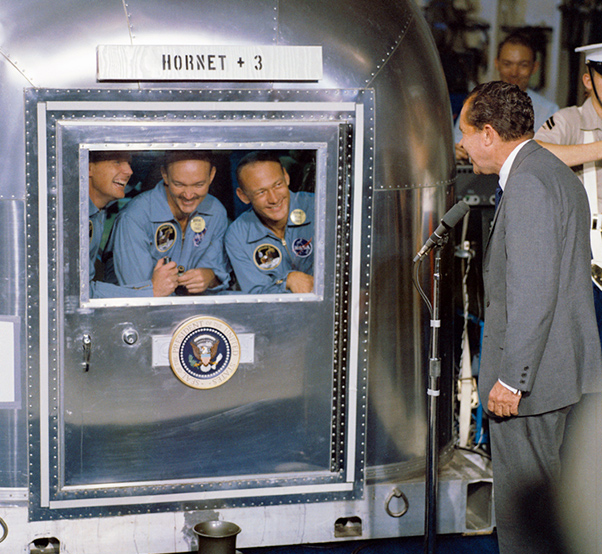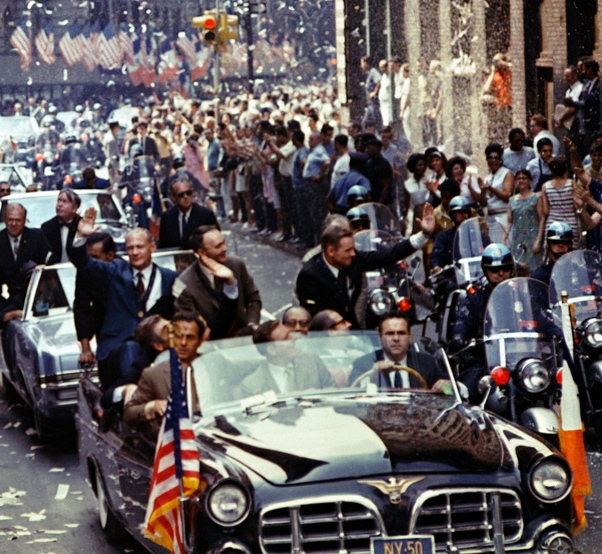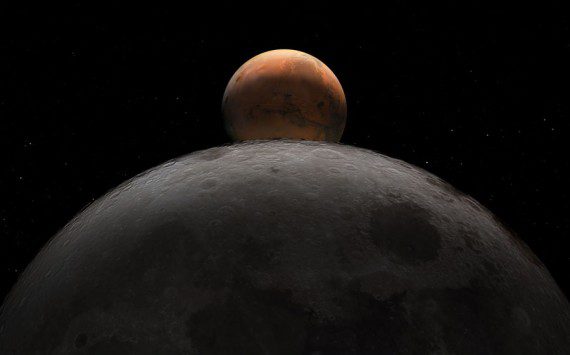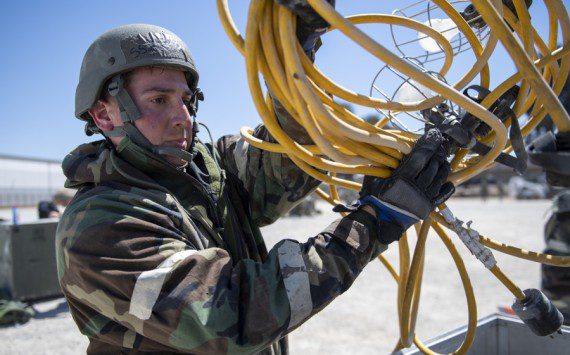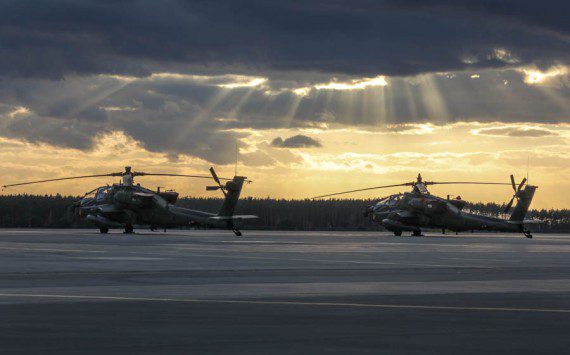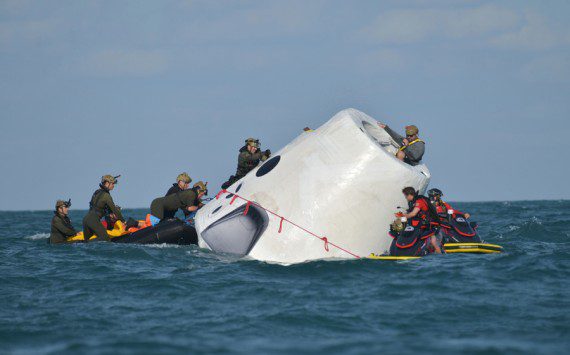Former NASA astronaut Michael Collins, who flew on the Gemini 10 and Apollo 11 missions, passed away on April 28, 2021.
“Today the nation lost a true pioneer and lifelong advocate for exploration in astronaut Michael Collins. As pilot of the Apollo 11 command module – some called him ‘the loneliest man in history’ – while his colleagues walked on the Moon for the first time, he helped our nation achieve a defining milestone. He also distinguished himself in the Gemini Program and as an Air Force pilot,” said acting NASA Administrator Steve Jurczyk. “Michael remained a tireless promoter of space. ‘Exploration is not a choice, really, it’s an imperative,’ he said. Intensely thoughtful about his experience in orbit, he added, ‘What would be worth recording is what kind of civilization we Earthlings created and whether or not we ventured out into other parts of the galaxy.’”
In a statment, his family said, “Mike always faced the challenges of life with grace and humility, and faced this, his final challenge, in the same way. We will miss him terribly. Yet we also know how lucky Mike felt to have lived the life he did.”
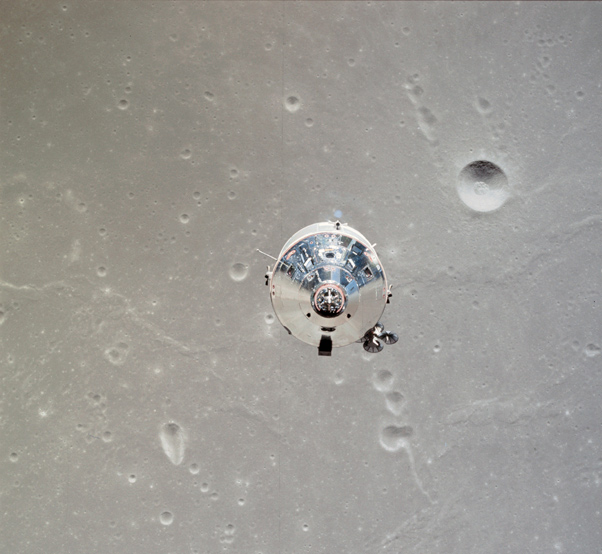
During the 1969 Apollo 11 mission, Collins remained in lunar orbit while fellow crewmembers Neil Armstrong and Buzz Aldrin descended to the moon’s surface in the lunar module. On July 20, they became the first men to step onto the surface of another planetary body. Collins, orbiting 65 miles above them, was momentarily almost forgotten as the world’s attention focused on his two crewmates below. But after the crew’s safe return, their 16 days in quarantine and the tours afterwards that brought millions to welcome them home, it became clear to even the most uncaring observer that this was very much a three-man crew.
The plaque left on the moon that said, “We came in peace for all mankind,” was signed by Armstrong, Aldrin, Collins and President Richard M. Nixon.
Michael Collins was born Oct. 31, 1930 in Rome, Italy. He graduated from Saint Albans School in Washington, D.C., and graduated from the U.S. Military Academy at West Point in 1952.
He chose an Air Force career. He was a fighter pilot and from 1959 to 1963 served as a test pilot at Edwards Air Force Base, Calif. He logged more than 4,200 hours of flying time.
Collins was a member of the third group of NASA astronauts, selected in October 1963. His first flight was as pilot of Gemini 10, a three-day mission launched July 18, 1966.
The flight, commanded by John Young, set an altitude record. The rocket of an Agena target-docking vehicle with which they had docked boosted them into an altitude of 476 miles.
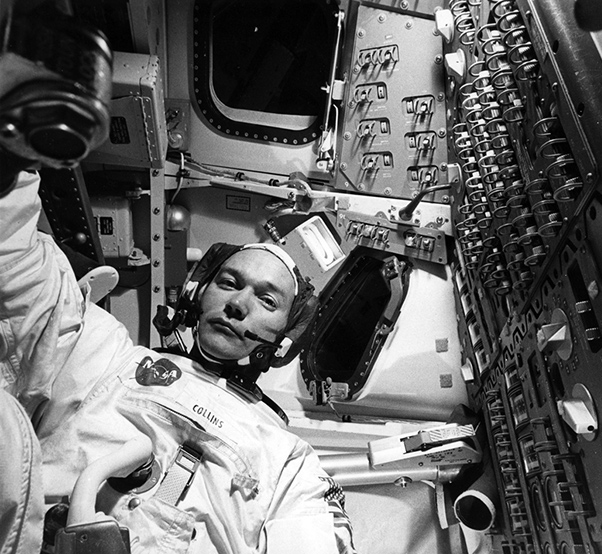
Later they rendezvoused with a second Agena. Collins became the third U.S. spacewalker when he retrieved a micrometeorite detection device from that Agena.
Including the Apollo 11 mission, Collins logged 266 hours in space. He also served as CAPCOM (capsule communicator) for Apollo 8, relaying information between mission control and the crew.
Collins retired from the Air Force as a major general and left NASA in 1970 and became assistant secretary of state for public affairs. In 1971 he joined the Smithsonian Institution as director of the National Air and Space Museum. His responsibilities included planning and construction of a new museum building. It was completed on time and under budget. It opened to the public in 1976.
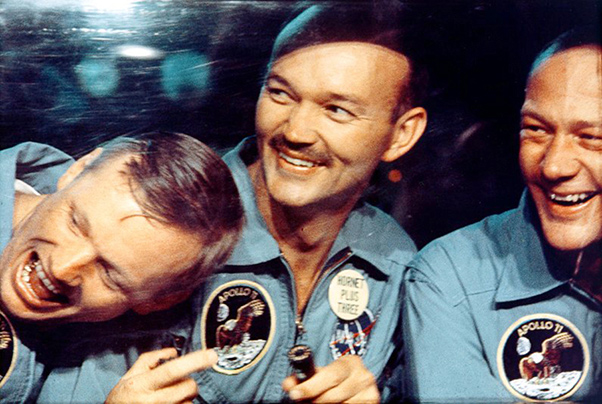
He became vice president of LTV Aerospace and Defense Co. in 1980. He left that post in 1985 to start his own company. He is an independent consultant writing and lecturing about space.
He wrote several books: “Carrying the Fire” in 1974, “Flying to the Moon and Other Strange Places” in 1976, “Liftoff: The Story of America’s Adventure in Space” in 1988 and “Mission to Mars” in 1990.
Collins was awarded honorary degrees form six universities. Decorations and awards he received included the Presidential Medal for Freedom, the Robert J. Collier Trophy, the Robert H. Goddard Memorial Trophy and the Harmon International Trophy.
“Please join us in fondly and joyfully remembering his sharp wit, his quiet sense of purpose, and his wise perspective, gained both from looking back at Earth from the vantage of space and gazing across calm waters from the deck of his fishing boat,” Collins’ family said.
